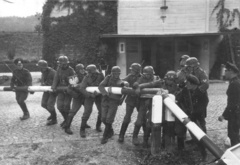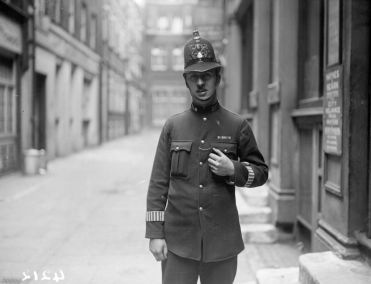 Seventy years ago today, and only a week after the Molotov–Ribbentrop Pact had been signed, a Nazi German battleship opened fire on a Polish fort on the Westerplatte peninsula outside Gdansk and began the Second World War.
Seventy years ago today, and only a week after the Molotov–Ribbentrop Pact had been signed, a Nazi German battleship opened fire on a Polish fort on the Westerplatte peninsula outside Gdansk and began the Second World War.
For my family living in Poland, the onslaught of war would change everything. Henrik and Karolina Finkel, having seen their parents and siblings wiped out not long after the German invasion, disguised themselves as Catholics and lived a make-belief life outside the Warsaw Ghetto. Henrik, an inventive man who was born in Vienna and originally named Heinrich (his brother was, believe it or not, called Adolph), changed the family surname from Finkel to Korski (with my grandmother taking the name Korgut so as to pretend to be cohabitating with, but not married to, Henrik). He had by then moved the family from Lvov to Warsaw, which by then had been overrun by the Soviet Union as part of the Ribbentrop-Molotov agreement.

Britain’s best politics newsletters
You get two free articles each week when you sign up to The Spectator’s emails.
Already a subscriber? Log in







Comments
Join the debate, free for a month
Be part of the conversation with other Spectator readers by getting your first month free.
UNLOCK ACCESS Try a month freeAlready a subscriber? Log in